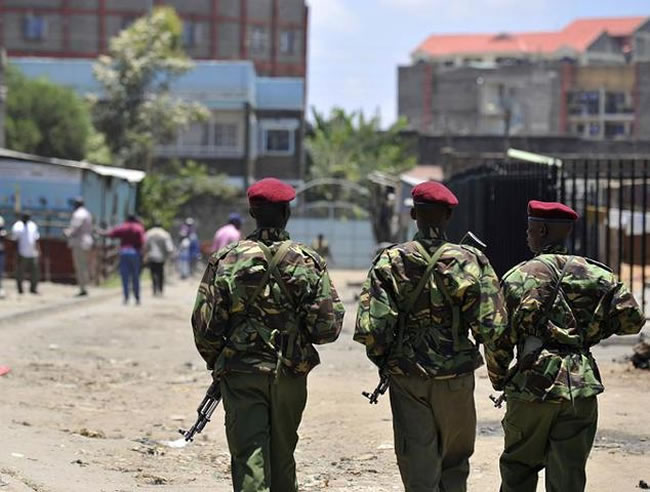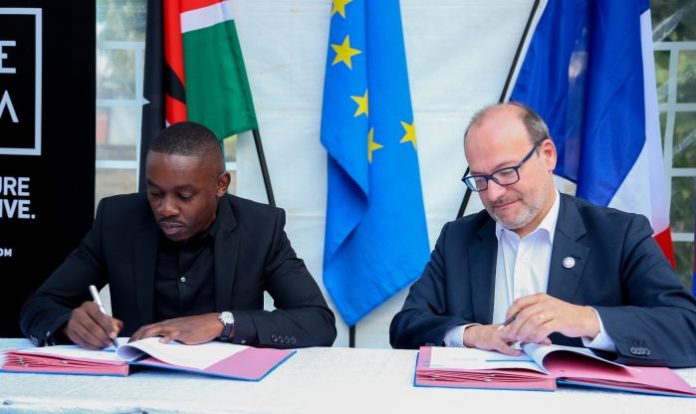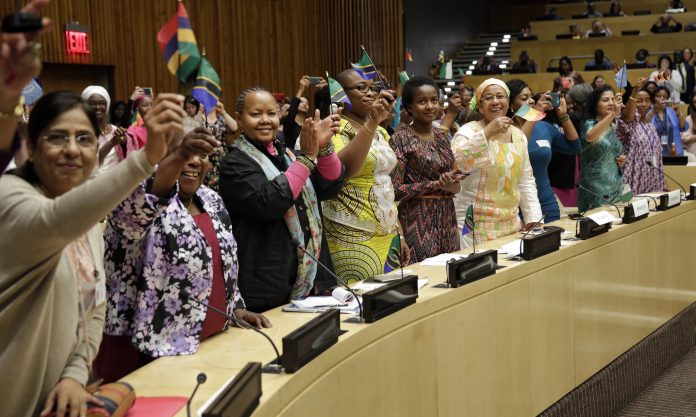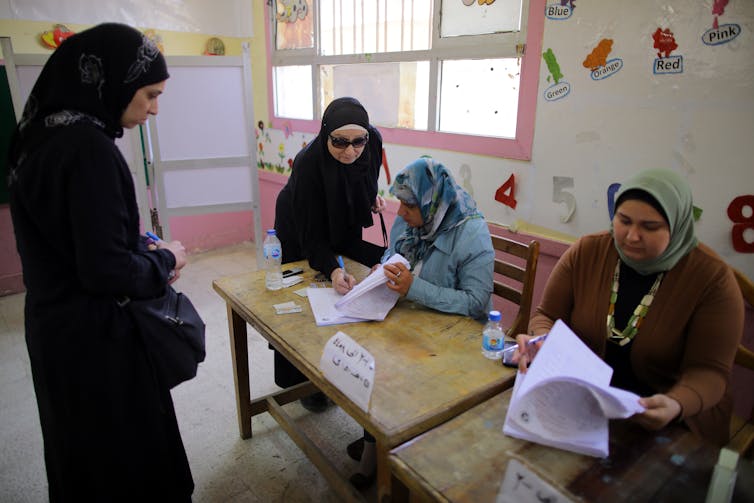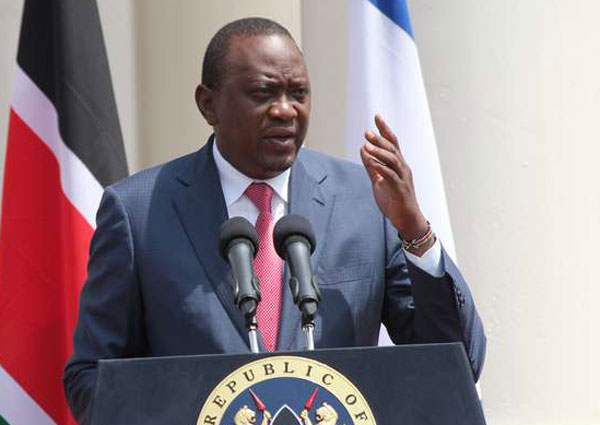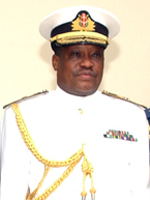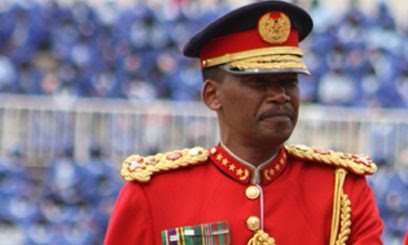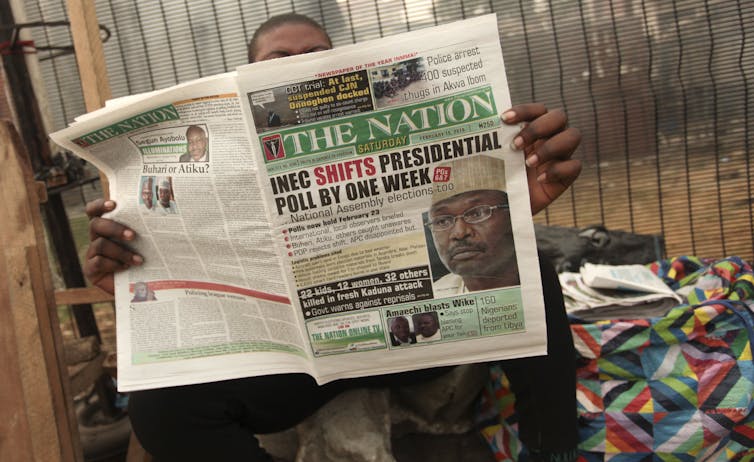
Nigeria abruptly postponed its presidential election hours before polling was due to begin. The presidential and parliamentary votes have been rescheduled for 23 February while the governorship, state assembly and federal area council elections have been rescheduled to 9 March. The electoral commission cited logistical challenges for the decision. Olayinka Ajala examines the shock announcement and its implications on the final outcome.
What is your reaction to the pushing back of Nigeria’s presidential vote?
The postponement isn’t a new phenomenon in Nigeria. The 2015 elections were also postponed for six weeks to allow the government to intensify the fight against Boko Haram and for the general security of the electoral commission’s staff in volatile areas. The postponement however, was eventually in favour of the opposition party which eventually won the 2015 polls.
But this postponement is different for three main reasons. First, just a day earlier the Independent National Electoral Commission had insisted it was ready to conduct free and fair elections. So the fact that it changed its mind so abruptly has raised questions about the real reason for the delay.
Second, even the two leading parties were not privy to the shock announcement before hand. Agents of both parties as well as local and foreign observers were all invited to a briefing on the eve of the elections where all the options available were discussed. Postponement wasn’t mentioned.
Lastly, the elections were postponed less than six hours before they were due to commence. In the 2015 elections the postponement was announced about a week to the commencement of the polls.
One of the strongest rumours doing the rounds in the hours following the announcement was that the electoral commission had identified serious security threats in the last 24 hours. This might be connected to the killing of 66 people in Kaduna on Friday and the four people caught with AK47s in Zamafara.
Not surprisingly, the announcement fuelled suspicions in a tight contest. The main opposition Peoples Democratic Party kicked off protests against the decision labelling it a “deliberate pre-determined agenda” by the ruling party to thwart the will of the people. President Muhammadu Buhari also expressed disappointment. He added that his administration remained committed to conducting free and fair elections.
To what extent is the postponement justified?
The electoral commission has cited a number of logistical challenges. Apart from issues related to the distribution of electoral materials, it also cited poor weather and the destruction of materials in fires. In the last two weeks, arson attacks have been reported at the electoral commission’s offices in three states (Anambra, Abia and Plateau) which led to the destruction of thousands of card readers, voters cards and other vital electoral materials.
On top of this, the Central Bank of Nigeria, which stores sensitive electoral equipment and material, is said to have been overwhelmed. In the run up to the poll, ballot papers and electoral registers are normally kept in the vaults of the central bank and distributed within days of the elections. With 15 million new voters since the 2015 elections it would seem that the electoral commission and the central bank underestimated the scale of the task. On the eve of the elections, vital materials hadn’t been delivered in some states.
All these issues could have affected the results. The electoral commission was therefore justified in postponing the elections. The question is why they delayed the postponement until the last minute.
What do you make of the allegations of rigging?
There have been allegations of rigging by both main parties since the campaign started. Any postponement was bound to lead to more speculation. Although the electoral commission maintained that the postponement was done in good faith, political parties could see the move as an effort to disenfranchise them. This is because every presidential election result in Nigeria since 1999 have been questioned by the losing side regardless of the approach of the electoral commission.
The opposition People’s Democratic Party also sees the move as an attempt to weaken its position further The party’s national chairman, Uche Secondus, called the postponement a:
deliberate, pre-determined agenda of President Muhammadu Buhari to cling on to power even when it’s obvious to him that Nigerians want him out.
Tensions were running high in the run up to the poll after the governing All Progressive’s Congress showed signs of gaining momentum following mass defections from the main opposition party to the governing party.
But the All Progressive’s Congress party also feels aggrieved, questioning whether the electoral commission is colluding with the opposition People’s Democratic Party which they claim was not ready for the election.
What are the implications?
Regardless of how the elections are conducted on the new dates announced, the losing parties will blame the postponement for their defeat. This has happened on previous occasions when elections have been postponed.
A serious challenge facing the electoral commission is how it can safeguard election materials that have already been distributed from getting into the wrong hands. Since some of the sensitive materials have arrived in most states, all eyes will be on the electoral commission and security operatives until the new election dates.
Finally, it is not exactly clear how, within a week, the electoral commission will overcome the logistical challenges it cited. How, for example, will it be able to replace equipment and material destroyed in the fires. In addition, how will it guarantee that the decision was entirely based on logistics and not coercion? The postponement of the elections will definitely generate further criticisms which the electoral commission must manage in an unbiased way.![]()
Olayinka Ajala, Associate Lecturer and Conflict Analyst, University of York
This article is republished from The Conversation under a Creative Commons license. Read the original article.















